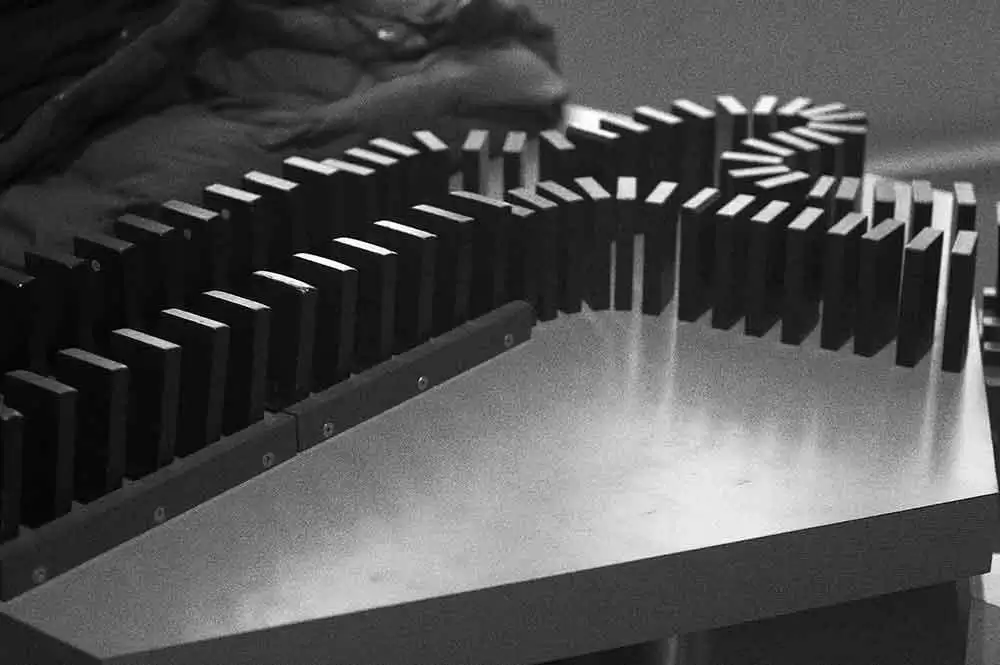
Celiac.com 09/26/2018 - Non-celiac gluten sensitivity (NCGS) is a clinical syndrome marked by both intestinal and extra-intestinal symptoms that respond to the elimination of gluten-containing food and the adoption of a gluten-free diet.
A team of researchers recently set out to review the diagnostic challenges surrounding non-celiac gluten sensitivity, and to summarize recent advances in research and provide a brief overview of the history of the condition for the benefit of professionals working in gastroenterology.
Celiac.com Sponsor (A12):
The research team included Giovanni Casella, Vincenzo Villanacci, Camillo Di Bella, Gabrio Bassotti, Justine Bold, and Kamran Rostami. They are variously affiliated with General Practioner National Health Italy; the Institute of Pathology Spedali Civili Brescia Italy; the Pathology Department, Carate Brianza Hospital, ASST-Vimercate (Monza Brianza), Italy; the Gastroenterology and Hepatology Section of the Department of Medicine at the University of Perugia School of Medicine in Perugia, Italy; the Department of Gastroenterology Milton Keynes University Hospital, Milton Keynes, UK; and with Allied Health and Social Sciences, University of Worcester, UK.
The researchers searched academic databases such as PubMed and Google Scholar using key words like ”non-celiac gluten sensitivity,” “gluten related disorders,” and the studies outlined in reference page were selected and analyzed.
Clinical opinion generally holds that NCGS is best diagnosed by ruling out celiac disease and wheat allergy. Currently there is no blood test that can pinpoint NCGS.
The underlying causes of symptoms in NCGS patients is poorly understood. However, there have been a few recent insights. Professional estimates of NCGS rates currently vary between 0.6 and 6%. Gastrointestinal symptoms of NCGS overlap slightly with those of irritable bowel syndrome.
Researchers are currently investigating the histologic characteristics of NCGS, which range from normal histology to slightly elevated rates of T lymphocytes in the superficial epithelium of villi. Positive response to gluten free diet for up to 6 weeks, followed by a recurrence of symptoms after a gluten challenge, is still the best confirmation of NCGS.
The Salerno expert criteria may help to accurately diagnose NCGS, especially in research settings, but isn’t particularly useful for diagnosis in clinical practice.
Source:


.webp.a93dbe43dd7a10dca8878ee38f8603cc.webp)







Recommended Comments
There are no comments to display.
Create an account or sign in to comment
You need to be a member in order to leave a comment
Create an account
Sign up for a new account in our community. It's easy!
Register a new accountSign in
Already have an account? Sign in here.
Sign In Now